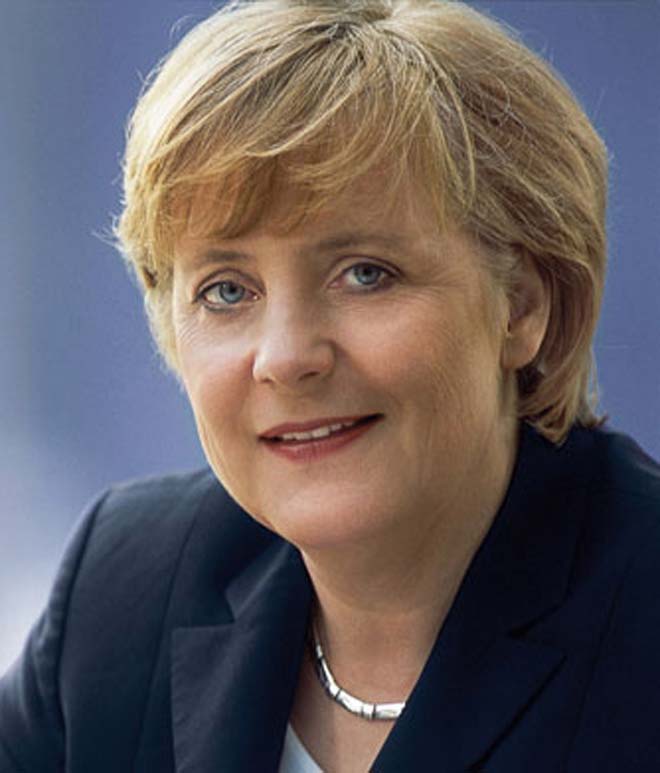previous news was posted at 19:28
Chancellor Angela Merkel announced Monday Germany would delay by three months plans to extend the lifespans of its nuclear reactors, in order to run safety tests following events in Japan, dpa reported.
The partial U-turn comes just six months after the coalition government in Berlin controversially gave the go-ahead to extend the lifespans of existing reactors.
"The events in Japan teach us that risks considered to be entirely unlikely are not totally improbable," Merkel said.
A majority of Germans oppose nuclear energy, and the issue has become highly sensitive for Merkel ahead of key state elections this month.
"We have a new situation which needs to be unreservedly, wholeheartedly and comprehensively analysed and only then will decisions follow," Merkel said.
While most of the country's 17 nuclear reactors can keep on producing energy, the three-month moratorium will likely shut down some of the country's oldest reactors that have produced the maximum contingent allowed under the old regulations.
The decision would not need new legislation, but be implemented after talks with the four companies that own Germany's nuclear power plants, Merkel said.
Merkel's government agreed in September to extend the lifespan of its 17 nuclear plants, going back on a pledge of a gradual phase-out under previous chancellor Gerhard Schroeder and his Green party coalition allies.
According to the deal, older nuclear plants would remain in production for eight more years beyond 2021 while more recent ones were to stay online for a further 14 years, until around the year 2035.
However Merkel stressed that all this was up for reassessment.
"The time after the moratorium will certainly be different to the time before the moratorium," the chancellor said.
On Saturday, 40,000 people formed a 45-kilometre human chain in southern Germany demanding the immediate end to the use of nuclear energy.
Merkel's coalition of Christian Democrats and Free Democrats faces three important regional elections this month, including the populous state of Baden-Wuerttemberg, where it is being challenged by the anti-nuclear Green Party.






